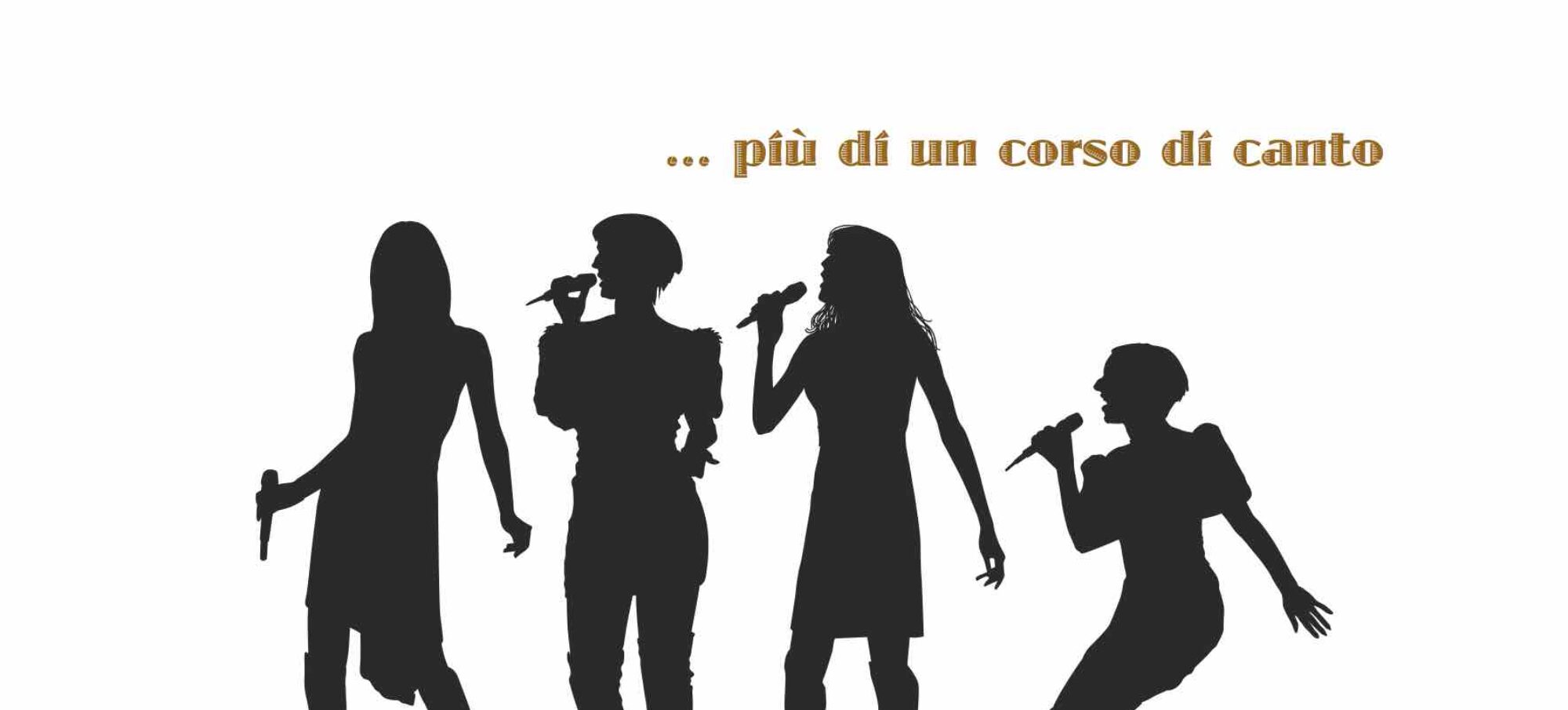Zombie was released as the lead single from The Cranberries’ second album. It was composed by Dolores O’Riordan in 1993 in memory of two boys, Jonathan Ball and Tim Parry, who were killed in an IRA bombing in Warrington in England on March 20 of that year.
Zombie is the first song with political content written by Dolores O’Riordan and also musically deviates from the previous production of the group. The song is an aggressive and angry grunge piece in which the singer’s usually sweet and sunny voice appears unusually harsh, in line with the rawness of the lyrics. This is a clear denunciation of the violent situation in which Northern Ireland still found itself. In the text it recalls the events of the Easter revolt of 1916: “It’s the same old theme since nineteen-sixteen”.

The revolt constituted a test bench, for the first time in history, of tanks, which in a few months were also used in the operations of the First World War. She was sedated in six days, and her leaders were court-martialed and then all executed. Despite its failure, the episode is now considered one of the cornerstones for the future creation of the current Republic of Ireland.
There are countless artistic and literary references to this historical period and this tormented region, whose people have always had music in their DNA. Among them, the film Ryan’s Daughter takes place in Ireland in the immediate aftermath of the Easter riot; at the beginning of the film, the character played by Robert Mitchum reports to his fellow villagers about the executions of the patriots in Dublin.
In the novel “A Star Named Henry”, by Roddy Doyle (author of the legendary “The Commitments”) two little brothers Henry and Victor flee home to escape violence and misery, taking refuge in the most infamous neighborhoods of old Dublin, places of his history: from the Easter Rising of 1916, after an adolescence spent in the Liberty Hall of the trade unionists of Sinn Féin, up to the Irish war of independence of 1920-21, and the civil war of 1923.
In the film “Giù la testa” by Sergio Leone, the motorcyclist played by James Coburn is John Mallory (Séan, in Irish, hence the recurring leitmotiv in Ennio Morricone’s wonderful soundtrack), a dynamite expert and former revolutionary of the transplanted IRA in the Mexican Revolution of 1913. The film had been released in 1971, when the attacks of the IRA had become terribly relevant again. Even Kenneth Branagh’s autobiographical film Belfast, recently released, narrates the dramatic events of the child author, lived in the alleys of the city inhabited by Catholics and Protestants, the attacks and the violent repressions of the riots.
In reality, Dolores O’Riordan, when asked about what political significance her song had in relation to the Northern Irish conflict, said she never thought about this, but wrote the song only as a reaction to the death of a child in England due to of the Warrington bombing, and of having written it straight away, in less than 20 minutes. The song is mainly dedicated to the inhumanity of violence: zombies are those who do not see, now addicted as the living dead, the senselessness of endless violence, only capable of “breaking another mother’s heart”.
In the text, a reference to the song The Town I Loved So Well written in 1973 by Irish musician Phil Coulter was seen and dedicated to his city, Derry, in Ulster, one of the pivotal places of the Northern Irish conflict and home of the infamous Bloody Sunday during the which 14 people were killed by the British army. In the text there is a verse that mentions tanks and guns, tanks and guns, as in the song of the Cranberries.
Having become the Cranberries’ biggest hit, Zombie has often been juxtaposed with other famous antiwar songs such as John Lennon’s Imagine and Irish U2’s Sunday Bloody Sunday.
In 2018 the American metal group Bad Wolves made a reinterpretation of the song in which Dolores O’Riordan was also supposed to take part; the singer was in London to make this recording when she passed away in her hotel room, leaving her fans around the world orphaned. It is significant that the young Russians arrested for their anti-war protests in Ukraine were singing Zombies as they were taken to prison … and that the Russian journalist who bravely protested on TV before being arrested shouted “no allow the Russian people to be zombified. ”
Patrizia Rossi

